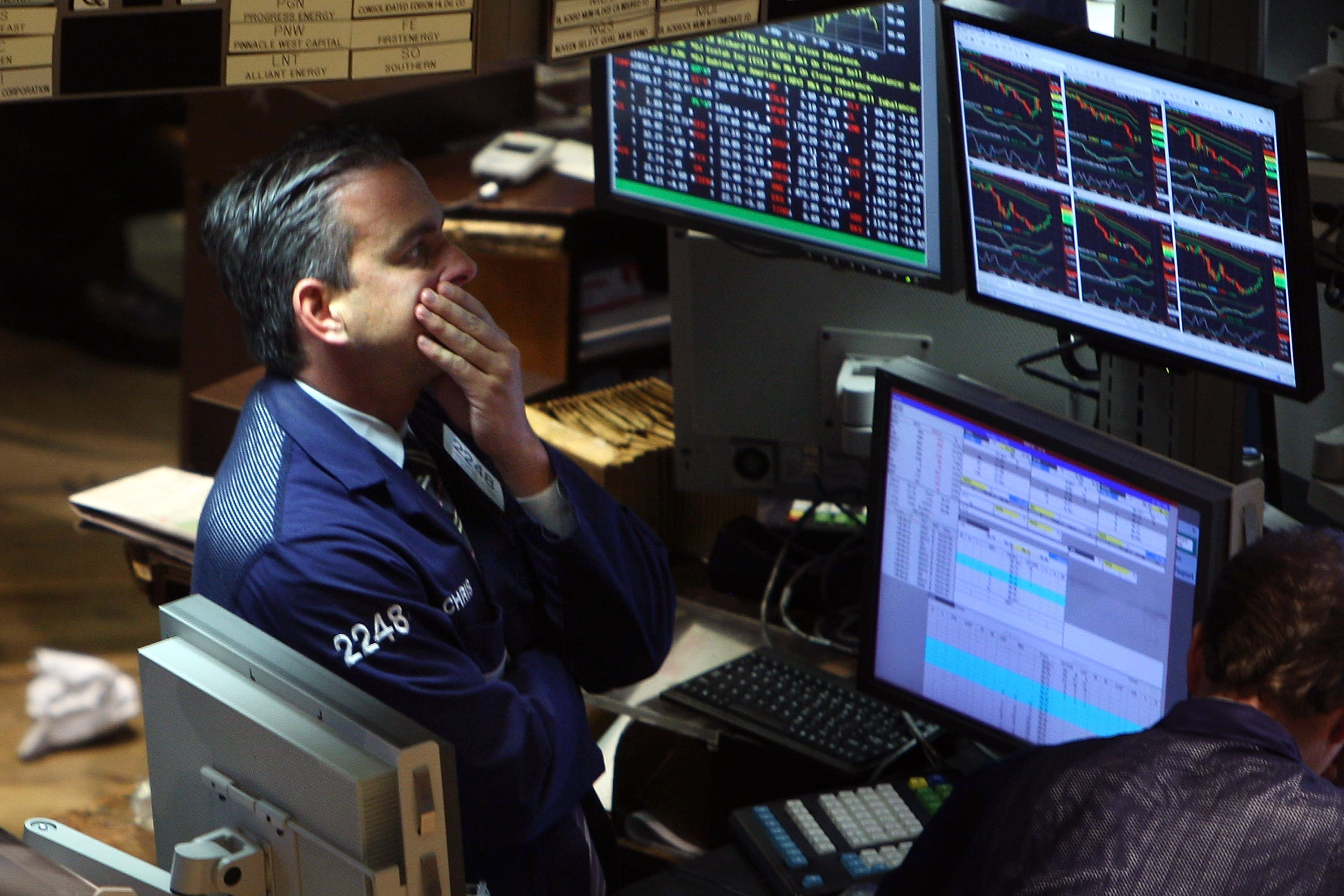Foreign investors trading on the Egyptian Exchange (EGX) have netted purchases of EGP 2.137bn in the second quarter (Q2) of 2016. Arab investors registered net purchases of EGP 35.81m, while non-Arab foreign investors recorded EGP 1.801bn of purchases.
EGX’ bulletin on performance over the second quarter of 2016 showed that Egyptian investors leaned to intensify sales over the three months period.
The report added that Egyptian investors took control of transactions during this period, accounting for 82.59% of the total market turnover, while non-Arab foreigners accounted for 11.76%, and Arabs 5.65%.
The report pointed out that EGX30 declined by 7.74% during that period, from 7,585 points to 6,942.5 points. Meanwhile, EGX70 fell by 4.42%, from 367.25 points to 351.03 points.
The total trade value on the EGX during the period amounted to EGP 60.6bn, compared to a total circulation of EGP 67.9bn during the same period last year.
The decline has overwhelmed the performance of the EGX sectors, topped by the tourism sector, decreasing by 28.63%, basic resources by 22.71%, and real estate by 21.04%.
Only three sectors escaped the decline spiral, namely healthcare and pharmaceuticals, which increased by 28.83%, construction and building materials, which increased by 3.63%, and banks, which grew by 2.09%.
Financial institutions, banks, and insurance companies conducted operations on government bonds worth EGP 22.443bn spanning 21.945m bonds.
In a different context, the Egyptian Financial Supervisory Authority (EFSA) said in a press release that the first five months of 2016 saw several capital increase approvals, which amounted to EGP 48bn worth of issued capital, including EGP 14.8bn paid-in capital.
During the same period in 2015, issued capital amounted to EGP 29bn, including EGP 20bn paid-in capital.
EFSA said it received 103 complaints against financial supervisory agencies, in addition to 102 complaints that have been under examination. This adds up to 205 complaints EFSA had by the end of May, compared to 258 complaints year-on-year (y-o-y).
During the first five months, EFSA completed studying 106 complaints, leaving 99 that are currently being attended to.
Complaints received by EFSA are mostly related to blank buy and sell orders, selling through agents, forcing sales to repay debts, and handling accounts via the internet.
On a separate note, EFSA said that the value of leasing contracts increased during the first five months of 2016 to EGP 9.7bn, versus EGP 8.7bn y-o-y─a growth rate of 11%.
Real estate and lands topped the list of financial leasing activities during the first five months, registering contracts worth EGP 7.1bn. It was followed by machinery and equipment at EGP 845m and trucks at EGP 737m.
The number of financial leasing companies registered with EFSA at the end of May amounted to 222 companies, compared to 219 at the end of May 2015.




